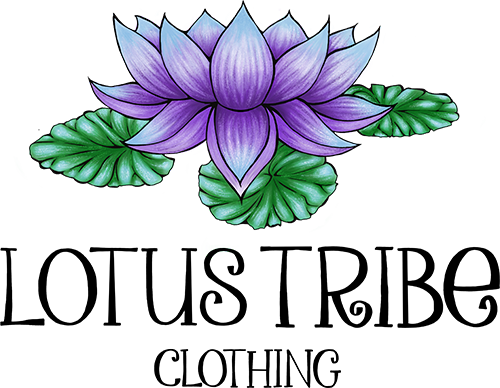Have you every wondered why you crave rich, salty and sweet foods if they're not good for your health? What about how most people would prefer to spend their free time relaxing and lounging, instead of hitting the gym or running marathons? Why is it that the things that are good for us often seem like work and the things that aren't good for us are the very things that we desire most? Are some people just lazy hedonists or could it possibly be something else? Is it how we are hardwired? If you've ever felt these ways or wondered about these things, then this is the blog for you.
Lifestyle, Health and Disease
In the developed world, we have largely eradicated the diseases and ailments that plagued our ancestors. We seldom hear of anyone dying from dysentery, much less a broken leg or an infection. Instead, we are vexed by entirely new kinds of diseases. Things that in the past, only royalty would have fallen victim to, because they had the wealth and means to live in excess.
Rather, the diseases we are subject to are aptly referred to as lifestyle diseases (Their technical term is non-communicable diseases or NCD. These are diseases that are not transmitted from person to person- ie we do not catch them). According to the Cleveland Clinic, about 80% of chronic diseases are acquired due to lifestyle factors, such as not eating a healthy diet and a lack of exercise. The most common of which are cancer, cardiovascular diseases (like strokes, chronic obstructive pulmonary disease (COPD) and other heart diseases) and Type 2 Diabetes. However, the good news is that since these diseases are often caused by lifestyle, they can also be reversed or prevented through lifestyle changes.

Mismatched Evolution?
Within Biology, there is a concept known as Evolutionary Mismatch, which is now being used to look at how the modern lifestyle impacts our health and well-being. We won't bog you down with the nitty gritty details of biological science, but it essentially comes down to the fact that the human body has not changed much in the past 200,000 years. However, the way we live, and the environments we live in, have changed dramatically in the modern age. Most people now spend a lot of time indoors, being sedentary, in a seated position; whether in front of a desk, while driving, or while looking at a screen (Sound familiar? What are you doing now?). Living in ways that we simply never evolved to.
In the past, humans had to work for their food. Every morsel took effort. We hunted animals or we spent time foraging, until we eventually learned to grow our food (which actually took even more work before the modern time). In nature, there are no such things as pizza, ice cream or gummy bears. Nothing easy and high calorie, much less sugary and calorie laden... There are no shopping carts in nature.
In addition to having super-saturated, high calorie, processed foods that are low in nutrients readily available to us, we no longer have to work for our food via physical labor. In short, it used to take much time and energy to consume high nutrient, low calorie foods. Now, we have an overabundance of high calorie, low nutrient foods all too easily available.
Compound our sedentary lifestyle with easy-to-find packaged foods, the stresses of modern life and overstimulation; and ailments like obesity, chronic lower back pain, insomnia, anxiety and depression, all actually make a lot of sense. So rest assured, your food cravings and desire to lounge and relax are completely normal. We all yearn for things with sugar and salt because they were hard to come by in nature and are actually vital to our health and well being. It's the modern world and all that it entails that are abnormal; sugar, salt and fatty foods become unhealthy when taken in excess, which our modern lifestyle easily provides.

Final Thoughts
It turns out, our ancestors didn't seem to get most of the lifestyle diseases that we do today. Does this mean that we have to go back to living off the land? Not at all, however, you and I were born in the modern age of excess and abundance. From the way we eat, to how much we move our bodies, living a healthy lifestyle is truly the only way to live. The choices we make can fill us with vitality and wellness or rob us of both our quality of life and the length of time we are alive. Overriding our biology and natural tendencies can be difficult, but our true personal power lies in what we can control and change. We are a culmination of our actions, choices and lifestyle. So, the best way to take control of our own health and wellness is through living healthy and maintaining good self care practices.
With about 80% of chronic diseases being caused by lifestyle factors, they are highly preventable for most people. In our upcoming blogs, we will look deeper into Mismatched Evolution and how things like movement and exercise not only kept our ancestors strong, but how they can help us prevent or reverse many of the most common lifestyle diseases of today.
Wishing you all well, Lotus Tribe.
*This blog is created and published online for informational purposes only. It is not intended to be a substitute for professional medical advice and should not be relied on as health or personal advice. Always seek the guidance of your doctor or other qualified health professional with any questions you may have regarding your health or a medical condition.

